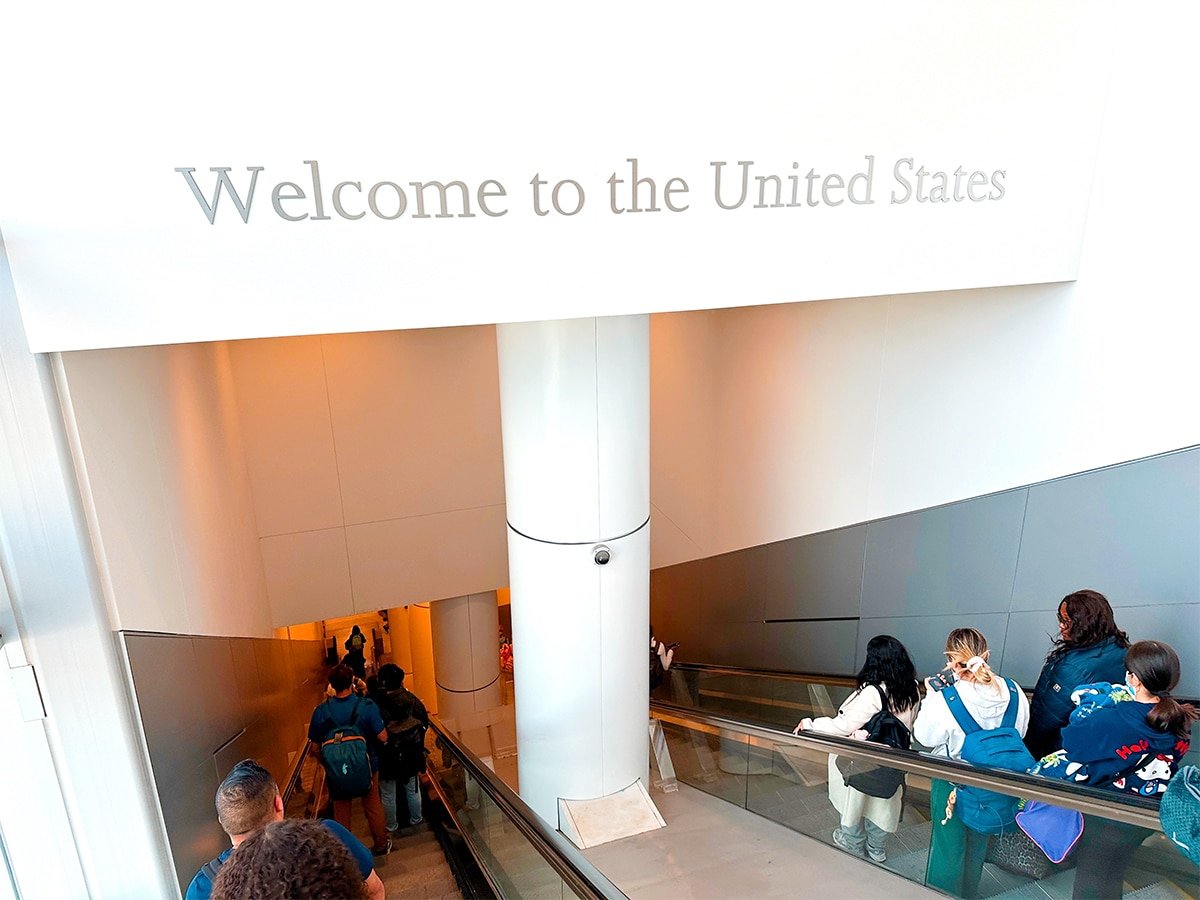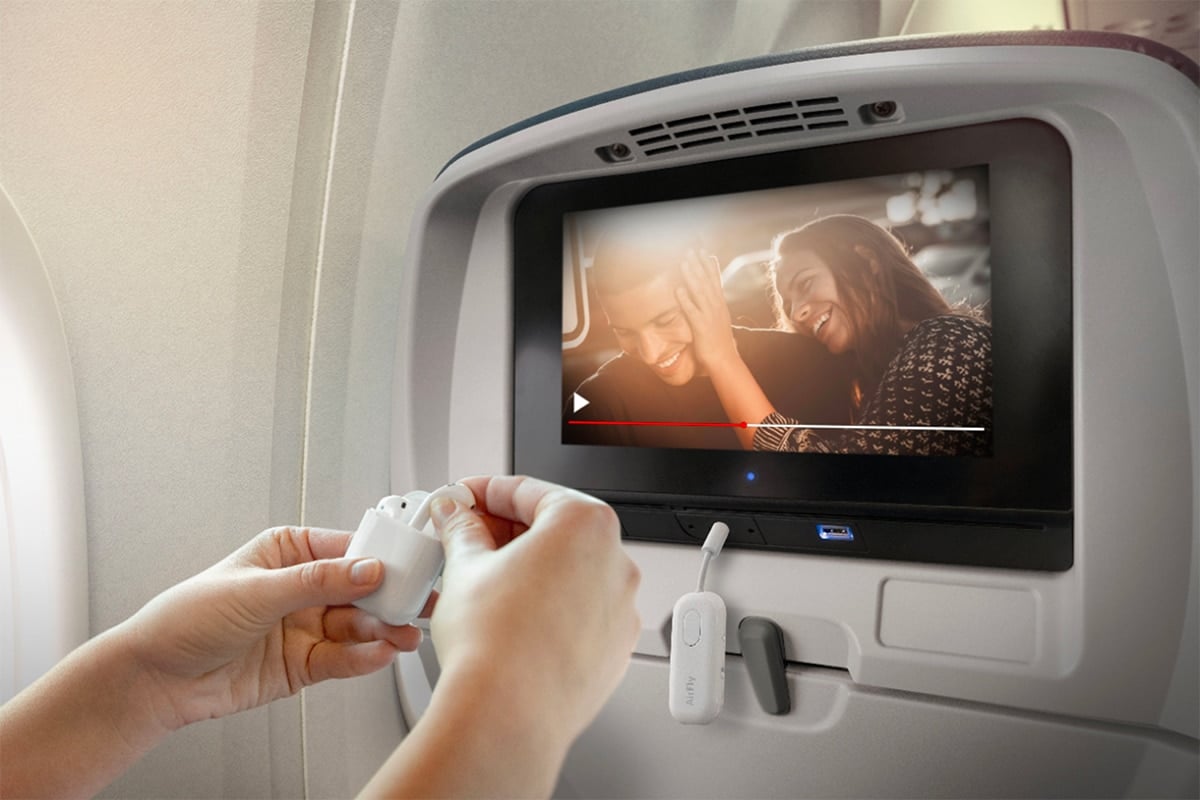The Canadian government has issued a new warning for travelers heading to the U.S., advising them to “expect increased scrutiny” at the border, including potential searches of personal phones and other electronic devices.
“Every country or territory decides who can enter or exit through its borders, and the Government of Canada cannot intervene on your behalf if you do not meet entry or exit requirements for the United States. Individual border agents often have significant discretion in making those determinations. U.S. authorities strictly enforce entry requirements. Expect scrutiny at ports of entry, including of electronic devices. Comply and be forthcoming in all interactions with border authorities. If you are denied entry, you could be detained while awaiting deportation.”
The Canadian government is right. According to U.S. Customs and Border Protection (CBP): “All travelers crossing the United States border are subject to CBP inspection. On rare occasions, CBP officers may search a traveler’s mobile phone, computer, camera, or other electronic devices during the inspection process. These searches have been used to identify and combat terrorist activity, child pornography, drug smuggling, human smuggling, bulk cash smuggling, human trafficking, export control violations, intellectual property rights violations, and visa fraud, among other violations. Furthermore, border searches of electronic devices are often integral to determining an individual’s intentions upon entry to the United States and thus provide additional information relevant to admissibility of foreign nationals under U.S. immigration laws.”
Readers, friends, neighbors and even family members have asked me if the U.S. government can demand your password when you’re returning from an international trip. The answer is yes. The CBP website states: “All travelers are obligated to present their electronic devices and the information resident on the device in a condition that allows for the examination of the device and its contents. If the electronic device cannot be inspected because it is protected by a passcode or encryption or other security mechanism, that device may be subject to exclusion, detention, or other appropriate action or disposition. Additionally, the traveler may face longer processing times to allow for CBP to access the contents of the device.”
There’s a lot of chatter on social media about what to do. Some experts suggest carrying a burner phone and leaving your regular one at home if you’re worried about the government accessing your information. Others recommend simply turning your phone off, as this can prevent facial recognition from being used while still requiring a password for access.
Personally, I have gone through U.S. immigration hundreds of times without issue. However, there have been multiple reports of visa and green card holders being denied re-entry to the U.S. for protesting the current government or Israel.
A notable example is a French space scientist was denied entry to the U.S. after border officials found messages critical of President Trump’s policies on his smartphone. The scientist, who works for the French National Centre for Scientific Research, was stopped on March 9 while traveling to a conference near Houston. Officials conducted a “random” search of his devices, found the messages, and confiscated his equipment. He was put on a flight back to France the following day. Source: Sunday Times
If you’re a U.S. citizen, they can’t deny you entry, but they can confiscate your phone and make you wait a long time to clear. Here’s some helpful information from a lawyer who answered basic questions regarding entering the United States.
Can customs search your electronic device without a warrant?
Short answer: Yes.
Can they request your password to access it?
Short answer: Yes.
Can they deny entry if you’re a U.S. citizen and refuse to provide your password?
Short answer: No.
Can they confiscate your device if you’re a U.S. citizen and refuse to provide your password?
Short answer: Yes.
Can they deny entry if you’re a legal resident (green card holder, visa holder, etc.) and refuse to provide your password?
Short answer: Yes.
If you’re a U.S. citizen, I wouldn’t worry about being denied entry back into the country. If you’re a naturalized citizen, I still think you’re fine, but there’s a chance the government could give you a hard time. However, if you’re a green card or visa holder, you should be cautious about the information on your phone and social media accounts, as they may be scrutinized to ensure you’re not considered a threat to the current administration.
KEEP READING
–How to make sure the TSA Precheck checkmark is on your boarding pass
–Did you know your electronic devices should always be charged when going through security?
–10 airport security hacks every traveler needs to know
–Mom shares hilarious reason she’s not getting TSA Precheck anytime soon
–How to get a full bottle of water through airport security
Want more travel news, tips and deals? Sign up to Johnny Jet’s free newsletter and check out these popular posts: The Travel Gadget Flight Attendants Never Leave Home Without and 12 Ways to Save Money on Baggage Fees. Follow Johnny Jet on MSN, Facebook, Instagram, Pinterest, and YouTube for all of my travel posts.




